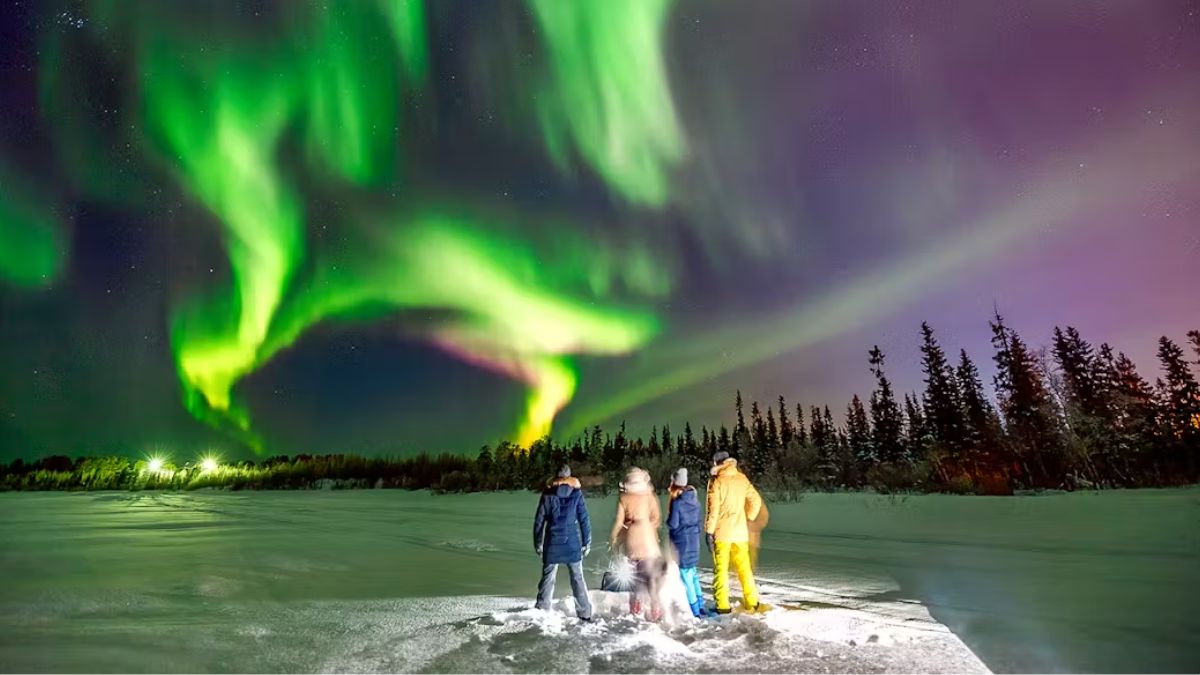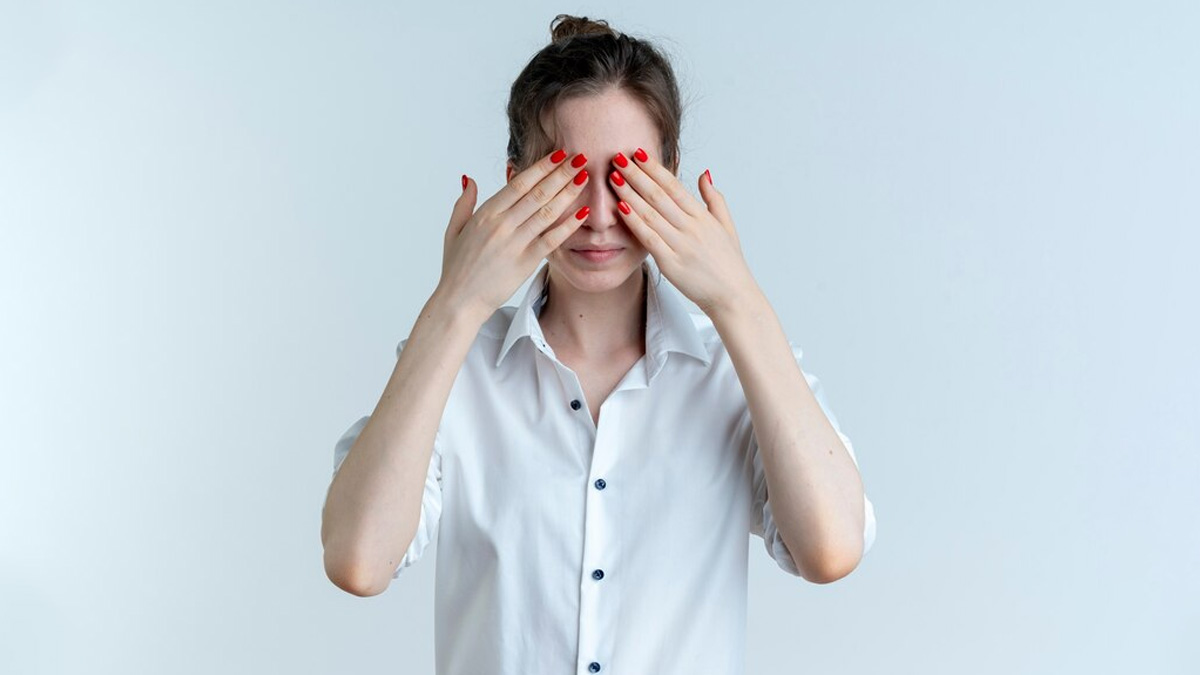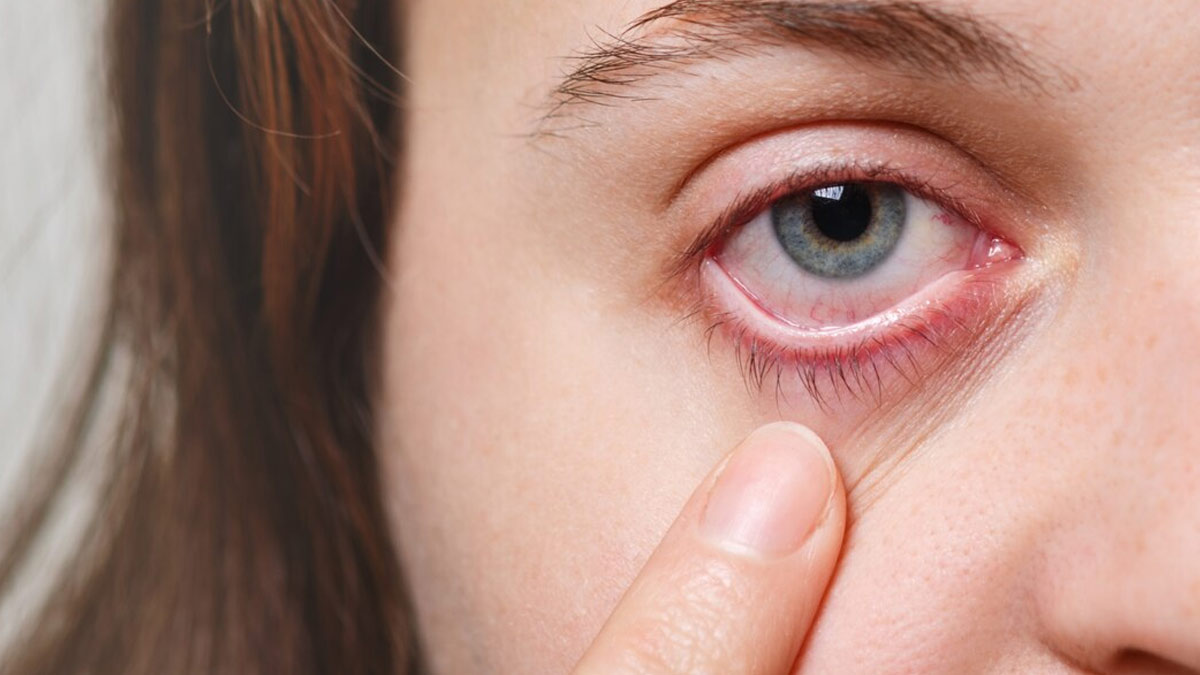
The Northern Lights have taken over everyone’s social feeds lately. Stunning green and pink waves lighting up the night sky always spark excitement, and a few worries too. Many people wonder whether these bright flashes can harm the eyes or trigger vision problems. If you’re planning a winter trip or simply curious about the science behind the auroras, here’s what you need to know.
Table of Content:-
To understand whether the Aurora Borealis can affect human eyes in any way, we reached out to Dr Bhavya Reddy, Consultant–Ophthalmology, Aster Whitefield Hospital, Bangalore, who explains the science behind the phenomenon and clears the most common doubts.
What Exactly Are The Northern Lights?![northern lights northern lights]()
Dr Reddy describes the aurora as “a beautiful natural light display created when charged particles from the Sun interact with oxygen and nitrogen in the Earth’s upper atmosphere.”
She explains that these particles are guided by the Earth’s magnetic field towards the poles. When they collide with atmospheric gases, they transfer energy and release it as visible light. “This is why we see green, pink and even purple waves flowing across the sky,” she adds.
The colour you see depends on which gas gets ionised and at what altitude. In simple terms, auroras are a glowing sign of how solar energy interacts with Earth’s atmosphere and magnetic field.
ALSO READ: Is Your Phone Ruining Your Eyesight? Expert Sheds Light
What Kind of Light Do Auroras Emit? Is It Harmful?![northern lights (1)]()
According to Dr Reddy, the aurora emits pure visible light, not harmful radiation. “The light is very similar to a natural neon glow,” she says. Unlike lasers, UV rays or X-rays, the light from auroras is scattered, soft and gentle.
She further explains that “auroras form when solar wind energises oxygen and nitrogen atoms. These atoms release that energy in the form of visible light, which is not capable of harming human vision.” This is why photos and videos of the Northern Lights show them glowing bright but never harsh or intense.
Can Watching The Northern Lights Damage Your Eyes?![]()
“No, the Northern Lights are completely safe to view with the naked eye,” Dr Reddy confirms.
She explains that aurora brightness is similar to the Moon or stars, not sharp or intense like sunlight. “They don’t emit UV or infrared rays, so they cannot burn or injure the retina,” she says.
Many people watch auroras for hours without any strain. The only real concern is the cold weather, which may dry out your eyes in freezing regions.
People might experience:
- Mild dryness due to cold winds
- Eye irritation if exposed to very low temperatures for long durations
- But the aurora’s light itself does not harm the eyes.
How are auroras different from artificial lights like lasers or UV lamps?
Dr Reddy points out a key difference. “Auroras produce diffused, soft light. Artificial sources like lasers or UV lamps release concentrated, high-energy beams that can damage the retina,” she says.
Lasers, for example, can focus intense energy on one point and cause burns or permanent eye injury. The light from auroras, meanwhile, is weak, scattered and naturally safe.
Can people with photophobia or retinal issues watch auroras safely?![]()
Most people, including those with existing retinal conditions, can safely enjoy the Northern Lights.
However, individuals with light sensitivity may feel mild discomfort due to the contrast between the dark sky and suddenly bright colours. Dr Reddy suggests simple measures:
- Wearing lightly tinted glasses
- Avoiding long periods of direct gazing
- Keeping the eyes lubricated in cold weather
“The brightness of auroras is too low to worsen any eye condition,” she explains. The primary challenge is usually the cold wind, not the light.
What myths exist around the auroras and human health?
Dr Reddy says myths around auroras have existed for centuries. Some ancient cultures believed the lights were magical signs or bad omens. Others feared they caused blindness or illness.
She clarifies: “Auroras occur more than 100 km above the Earth’s surface. They do not emit harmful radiation, and they cannot affect human health in any way.”
Sounds heard during auroras, she adds, are usually just wind or imagination. "The truth is that auroras are simply a natural, scientific process—not a threat,” she says.
Do you need any kind of eye protection?![]()
Dr Reddy makes it simple: “No special eye protection is needed to watch auroras.” They can be viewed directly, without filters or equipment.
But she recommends:
- Protecting eyes from harsh, cold winds
- Using artificial tears if dryness occurs
- Wearing warm glasses or goggles in freezing climates
- Lightly tinted glasses are only for very sensitive eyes
“The real thing to protect yourself from is the cold, not the light,” she adds. A study published in Space Weather Journal noted that auroras emit light exclusively within the visible spectrum, with no harmful UV or ionising radiation. Researchers also confirmed that the intensity of aurora light is significantly lower than city streetlights or full moonlight, making it safe for human vision.
ALSO READ: When Dharmendra Underwent A Corneal Transplantation: Exploring The Eye Surgery
Conclusion
The Northern Lights are among the safest natural phenomena to view with the naked eye. They don’t release harmful rays, don’t stress the retina and don’t worsen existing eye problems. As Dr Reddy emphasises repeatedly, the only thing to worry about is staying warm while you enjoy the sky show. So if you ever get the chance to witness the aurora, look up, take it all in and relax. Your eyes are completely safe.
Also watch this video
How we keep this article up to date:
We work with experts and keep a close eye on the latest in health and wellness. Whenever there is a new research or helpful information, we update our articles with accurate and useful advice.
Current Version
Nov 16, 2025 20:39 IST
Published By : Vivek Kumar


-1763305584559.jpg)


